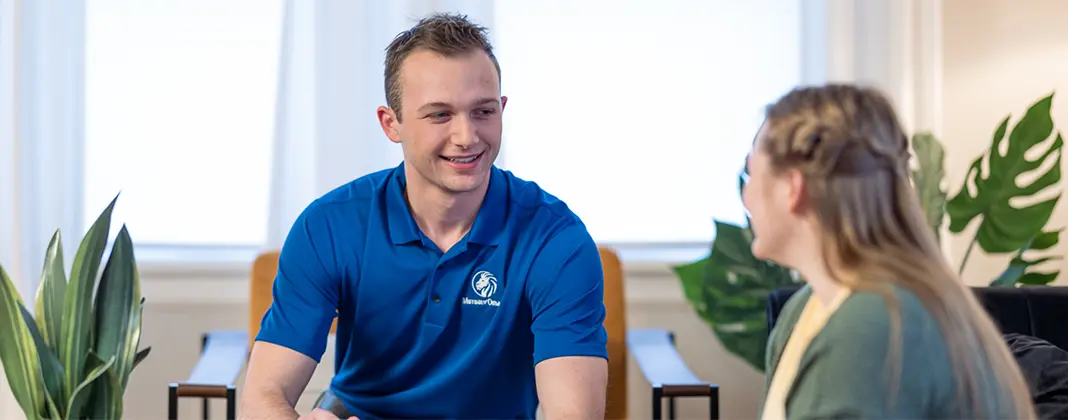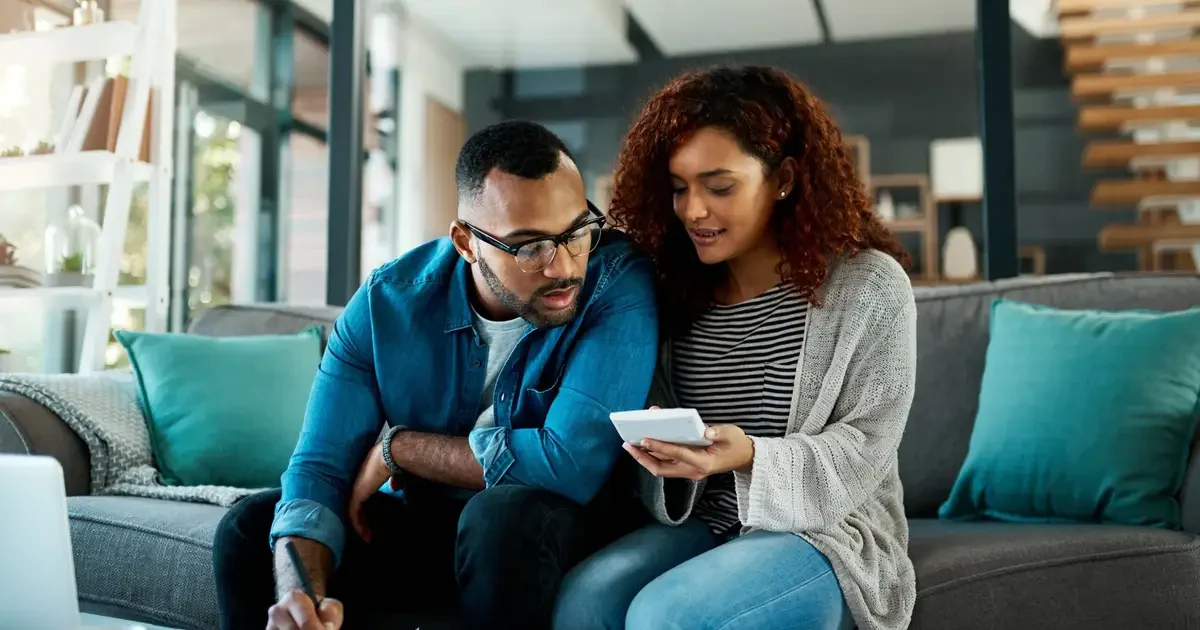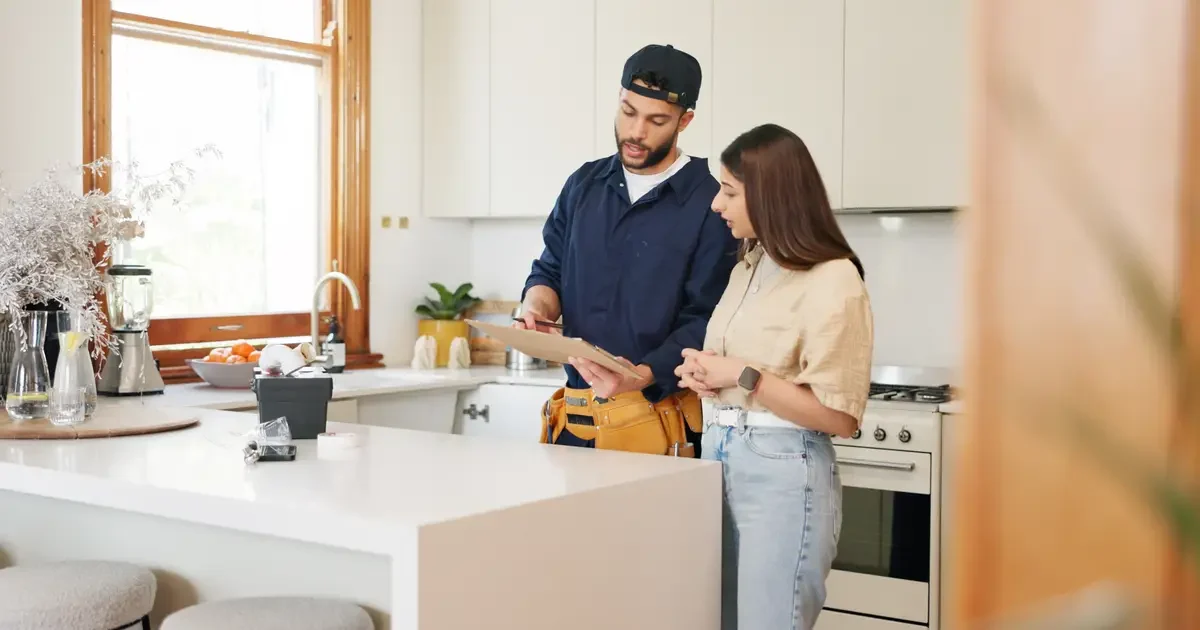We know that for many, the idea of buying a second home or vacation home is a tempting idea. When done right, investing in real estate can be both a lucrative and satisfying endeavor. Whether it’s a cabin in the woods, a place near the beach, or somewhere in between, a second home can be a good investment under the right circumstances.
Before taking the leap, review these key factors to determine if buying a second home is the right move for you.
Can You Afford to Buy a Second Home?
Purchasing a second home involves more than just another mortgage payment. Consider the following financial aspects:
Mortgage and Down Payment Requirements
For many, the primary consideration for buying a second home is affordability. Lenders and investors consider second home and investment property purchases to carry higher risk.
What’s the reason? Many believe that if a borrower were to fall under financial hardship, they would be likely to prioritize their primary residence over their second or vacation home. Unfortunately, because of this inherent risk, you can expect to have a higher down payment requirement, higher interest rates on your mortgage, and stronger qualifying requirements.
On top of budgeting for the potential increase in upfront costs, you’ll want to consider whether you can afford the added monthly mortgage costs of your second home.
Ongoing Maintenance Costs
As you’re probably already well aware, the costs of owning a home extend beyond your monthly mortgage payments. We recommend that you account for these expenses as you work through whether you can afford a second home.
These expenses may include ongoing maintenance like housekeeping, landscaping, or pool maintenance. It may also include upfront costs like furniture, appliances, and home security systems, or even emergency repair costs.
A second home should be financially sustainable without stretching your budget too thin.
Second Home vs. Investment Property: What’s the Difference?
If you’re considering buying a second home or investment property, it’s important to realize that there are different mortgage rules, regulations, and taxes that apply to each. Here’s what you need to know about some of the key regulation differences:
Second Home (Vacation Home)
A second home or vacation home is considered a property that you are primarily purchasing for your own use, that you will live in for some portion of the year. Second home purchases generally have more favorable mortgage terms than investment properties, because lenders believe that they carry lower risks than investment properties. Most lenders require that a second/vacation home has to be at least 50 miles from your primary residence, and that the property cannot be rented.
Investment Property
An investment property is a home that you’re looking to generate income on. The owner generally doesn’t live in the home, instead it’s rented out. Or you might hold on to the property until it appreciates enough in value so you can turn a profit. While investment properties do not have a location restriction, they generally have more stringent lending requirements. When you are purchasing an investment property you should expect to have a greater down payment requirement, receive high interest rates, and stronger qualifying requirements.
Mutual of Omaha Mortgage is pleased to offer smart financing options for second homes and investment properties. To get a complete picture of the costs and impact on your personal finances, we’d highly recommend discussing your plans with your tax advisor or financial planner.
How to Choose the Best Location for Your Second Home
You’ve undoubtedly heard the mantra before: location, location, location. As you start to evaluate a new investment property or second home, where you’re going to buy is key to your success.
One of the biggest things that you’ll need to consider when choosing a location is how you plan to use the property. Is this going to be a vacation home, investment property, or someplace that you’d like to flip? Your intended use will be a major factor as you consider different properties and locations.
In addition to how you’d like to use your home, here are a few tried and true tips to help to evaluate new communities and locations for your home purchase:
Market Demand & Home Value Trends
- How long do properties tend to sit on the market before selling? This can tell you a lot about the health of the real estate market and how desirable the location is.
- Review the price difference between renovated and unrenovated properties, especially if you’re planning to make enhancements or flip your new home.
Safety & Community Appeal
- Check out how safe your new community is. A neighborhood with a low crime rate is an inviting and safe place where most people want to live.
Future Development Plans
- Research future development plans for new schools, hospitals, public transportation, and other civic infrastructure. These additions can affect the desirability of the surrounding area and may dramatically improve property values.
Proximity to Essential Amenities
- Grocery stores, shops, and restaurants
- Entertainment and cultural attractions
- Quality schools (even if you don’t have kids, resale buyers may)
- Major employers within the area
City & Neighborhood Rankings
- Look at rankings for best places to live to gauge desirability.
Pros & Cons of Buying a Second Home
Pros
- A designated vacation spot for you and your family
- Can serve as future retirement housing
- Provides asset diversification
- Possible tax breaks (consult a tax professional)
- Potential for long-term investment growth
Cons
- Additional financial responsibilities and maintenance costs
- Higher mortgage rates and larger down payment requirements
- Potential for market fluctuations impacting home value
How Do You Buy a Second Home?
The homebuying process for a second home or investment property is similar to purchasing a primary residence, but with stricter lending requirements.
Steps to Buying a Second Home
- Complete a mortgage application and review financing options with your loan officer.
- Provide necessary documentation (income, assets, liabilities).
- Your loan goes through the underwriting process.
- Finalize your purchase at closing—just like when you bought your first home.
Is Buying a Second Home Right for You?
Purchasing a second home can be a great investment or vacation retreat, but it requires careful financial planning and realistic expectations.
If you’re considering buying a second home, Mutual of Omaha Mortgage is here to help. Speak with one of our mortgage experts today by calling 1-800-24-RATES to explore your options and find the best financing solution for your needs.











